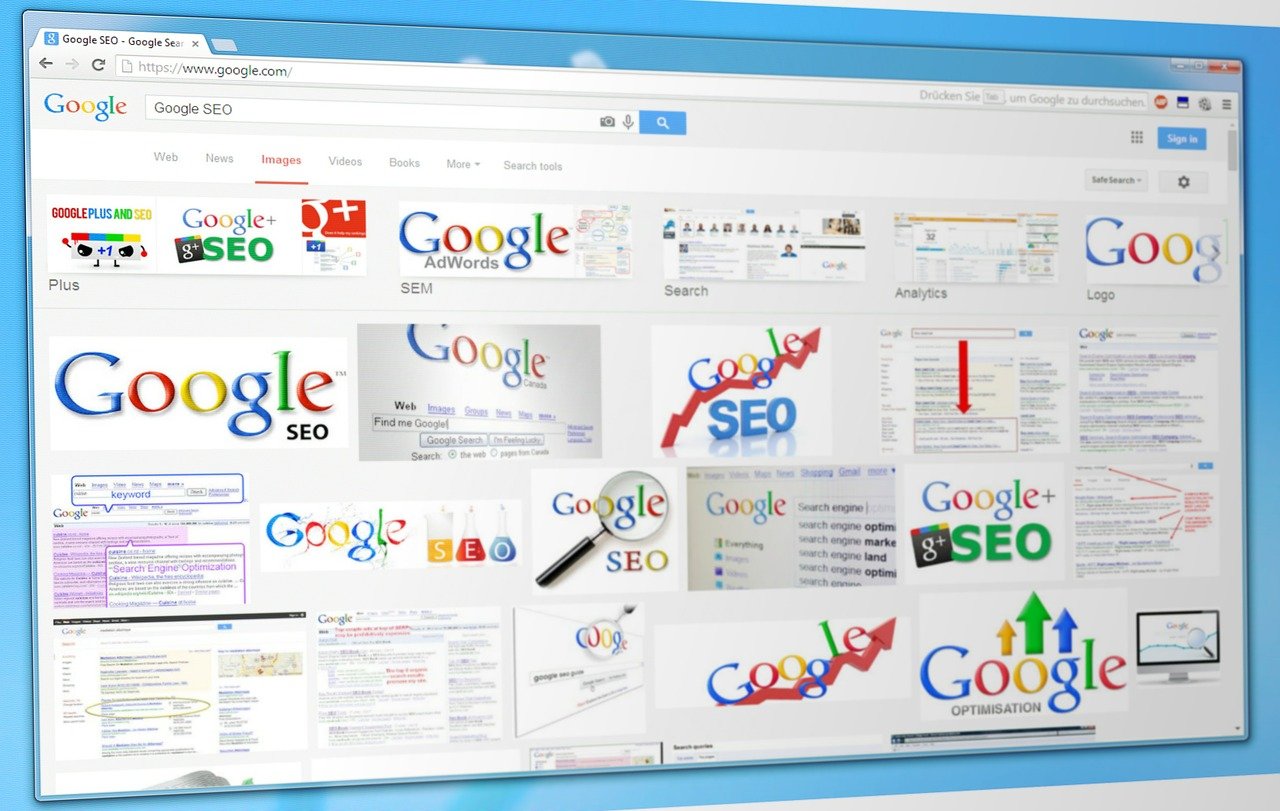Have you ever wondered what lies behind the simple, yet oh-so-powerful URL string we see every day in our browser bars—Docs.Google.com/SpreadSheets/__pii_deleted__ ? Why is this humble link so crucial to everyday workflows, yet remains somewhat enigmatic when it appears as “pii_deleted”? What does that even mean?
The Ubiquity of Google Sheets: A Tool for Everything?
It seems like nearly every team, student, and business uses Google Sheets for something. From tracking expenses, to planning projects, to making complex data analyses, Google Sheets can handle it all. But with such wide usage, what makes it stand out compared to its heavyweight rival—Microsoft Excel?
If you’ve ever clicked on a link like Docs.Google.com/SpreadSheets/__pii_deleted__, you’re already familiar with how easy it is to share spreadsheets online. But, let’s be honest, when you encounter that strange “pii_deleted” section of the URL, doesn’t it make you stop and ask—what’s going on here? Why isn’t it just a regular link to my document?
What Does “pii_deleted” Mean? Is There a Hidden Secret?
Let’s dive into the possible meaning behind the mysterious “pii_deleted.” PII, or personally identifiable information, is a term used to refer to any data that could potentially identify a specific individual. In the context of Google Sheets, this could include anything from names and email addresses to sensitive financial information.
So why would this URL hide that information? Google, being a company known for valuing privacy (at least on paper), likely uses this system to mask any sensitive data that could otherwise be exposed. But how often does it happen, and under what circumstances? Are there ways to better protect your data when using shared Google Sheets? This leads to further questions:
- How does Google Sheets handle privacy and security?
- Is there more going on behind the scenes when we share documents?
- Does Google track or store the data we create in our spreadsheets?
These questions are crucial for anyone concerned with digital privacy in the age of cloud-based tools.
Can Google Sheets Really Keep Your Information Safe?
With the increased reliance on cloud services like Google Sheets, one important question remains: just how safe is your data? The docs.google.com/spreadsheets URL is simple, sure, but its apparent simplicity hides a much more complex web of server interactions, permissions, and data processing that happens on Google’s end.
When you share a link, Google allows you to choose the level of access—view-only, comment, or edit. But here’s where things get murky. Who else can see that spreadsheet beyond the people you’ve explicitly shared it with? How does Google safeguard data from hackers, breaches, or misuse?
While the term “pii_deleted” may provide a sense of relief, implying that some of the sensitive data has been scrubbed from the URL, it raises the question—how well is your personal information actually protected in Google Sheets?
Beyond Privacy: How Useful Is Google Sheets, Really?
Putting aside the privacy concerns for a moment, we should also ask—is Google Sheets the most efficient tool for the job? Is it too simplistic? Sure, it’s free, easy to access, and great for collaboration, but does it lack the advanced features that a power user might need?
- What are its limitations in terms of data analysis?
- How does it fare in comparison to Excel, or other specialized tools?
While Google Sheets is great for everyday use, its real capabilities come into question when users attempt more complex functions like pivot tables, advanced formulae, or automation.
Why Are So Many of Us Addicted to Google Sheets?
There’s something undeniably satisfying about using a Google Sheets link like docs.google.com/spreadsheets/pii_deleted. The convenience it offers is undeniable, but have we all just been swept up in the wave of simplicity, or is there a deeper reason for this addiction to cloud-based spreadsheets?
- Is it really the most efficient tool for all tasks, or are we simply going with the flow because it’s free and accessible?
- Could there be better, less known alternatives that we are overlooking in our rush to use what everyone else is using?
These are critical questions we must ask ourselves before fully relying on Google Sheets for everything from personal budgeting to large-scale business planning.
The Future of Google Sheets: Where Do We Go from Here?
Google Sheets continues to evolve, but with the growing concerns around data security and privacy, especially with URLs containing “pii_deleted,” the future is a bit uncertain.
Will Google Sheets continue to dominate the online spreadsheet space? Or will it eventually be replaced by something more secure, more powerful, and more customizable?
The answers to these questions may not be clear just yet, but one thing is certain: Docs.Google.com/SpreadSheets/__pii_deleted__ may appear like just another URL, but there’s far more happening under the hood than we might expect. With privacy concerns, technological advancements, and user demands continuing to rise, Google Sheets is in a constant state of evolution—and it’s worth keeping a close eye on it.
Conclusion: Docs.Google.com/SpreadSheets/__pii_deleted__
Google Sheets has become an indispensable tool for both personal and professional use, allowing users to collaborate, share, and manage data seamlessly. However, as we peel back the layers of its functionality and simplicity, questions about data security, privacy, and efficiency arise—especially when we encounter terms like “pii_deleted” in the URLs we use daily.
While Google offers many safeguards to protect our information, the reliance on cloud-based systems requires us to stay vigilant about how and where our data is being stored. Whether you’re using Google Sheets for simple tasks or complex projects, understanding its limitations and potential risks is crucial. Ultimately, it’s a balancing act between convenience and security, and only by asking these critical questions can we make informed decisions about our digital tools.
FAQs About Google Sheets and Privacy Concerns
- What does “pii_deleted” mean in a Google Sheets URL?
- The term “pii_deleted” likely refers to personally identifiable information (PII) that has been removed or hidden to protect sensitive data. This helps ensure that private information is not exposed through shared links.
- Is Google Sheets safe to use for sensitive information?
- While Google Sheets offers security features like encryption and user permissions, storing extremely sensitive data in any cloud-based platform comes with potential risks. It’s essential to use strong privacy settings and carefully control who has access to your sheets.
- Can Google read the data in my Google Sheets?
- Technically, Google can access data stored on its servers, though it claims not to scan or use your personal files without permission, except in specific circumstances (e.g., legal requests or for improving services). However, users concerned with privacy should take extra precautions.
- How can I protect my information when using Google Sheets?
- You can protect your data by setting strict sharing permissions, using complex passwords, enabling two-factor authentication (2FA), and avoiding storing highly sensitive information in shared Google Sheets.
- Is Google Sheets better than Excel?
- Google Sheets is excellent for real-time collaboration and accessibility, especially for basic tasks. However, Excel tends to have more advanced features and tools, particularly for complex data analysis and larger datasets.















Leave a Reply